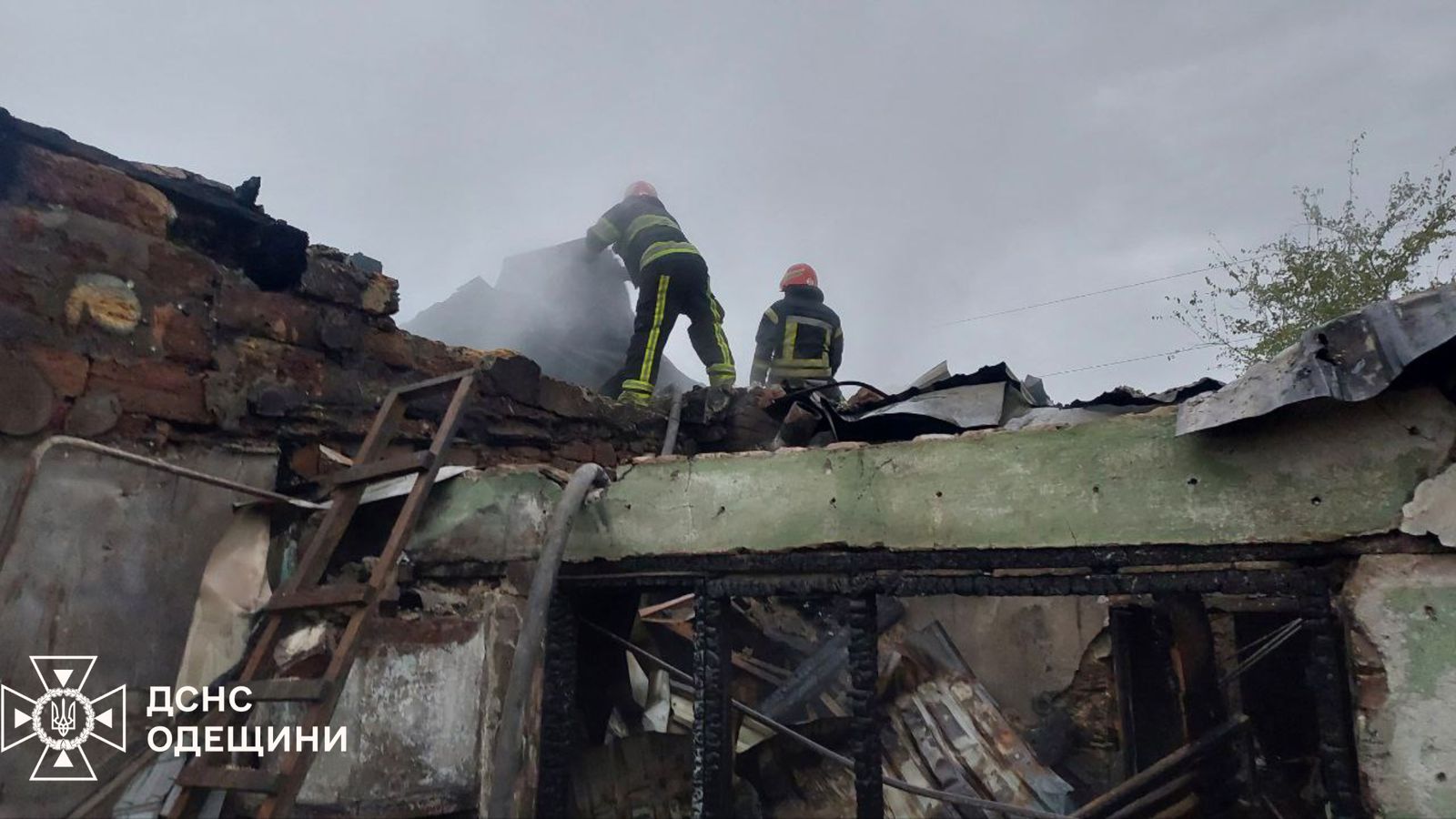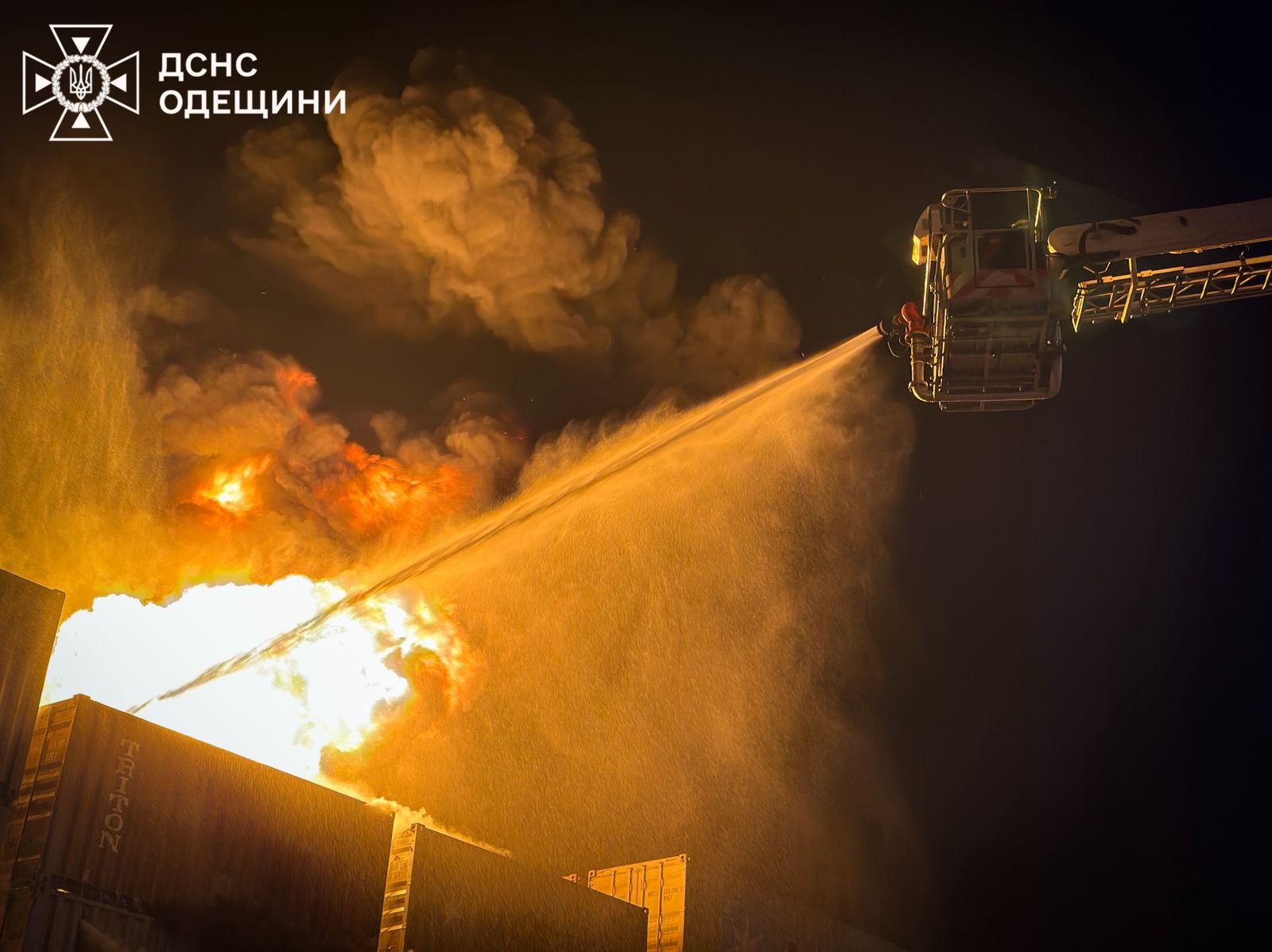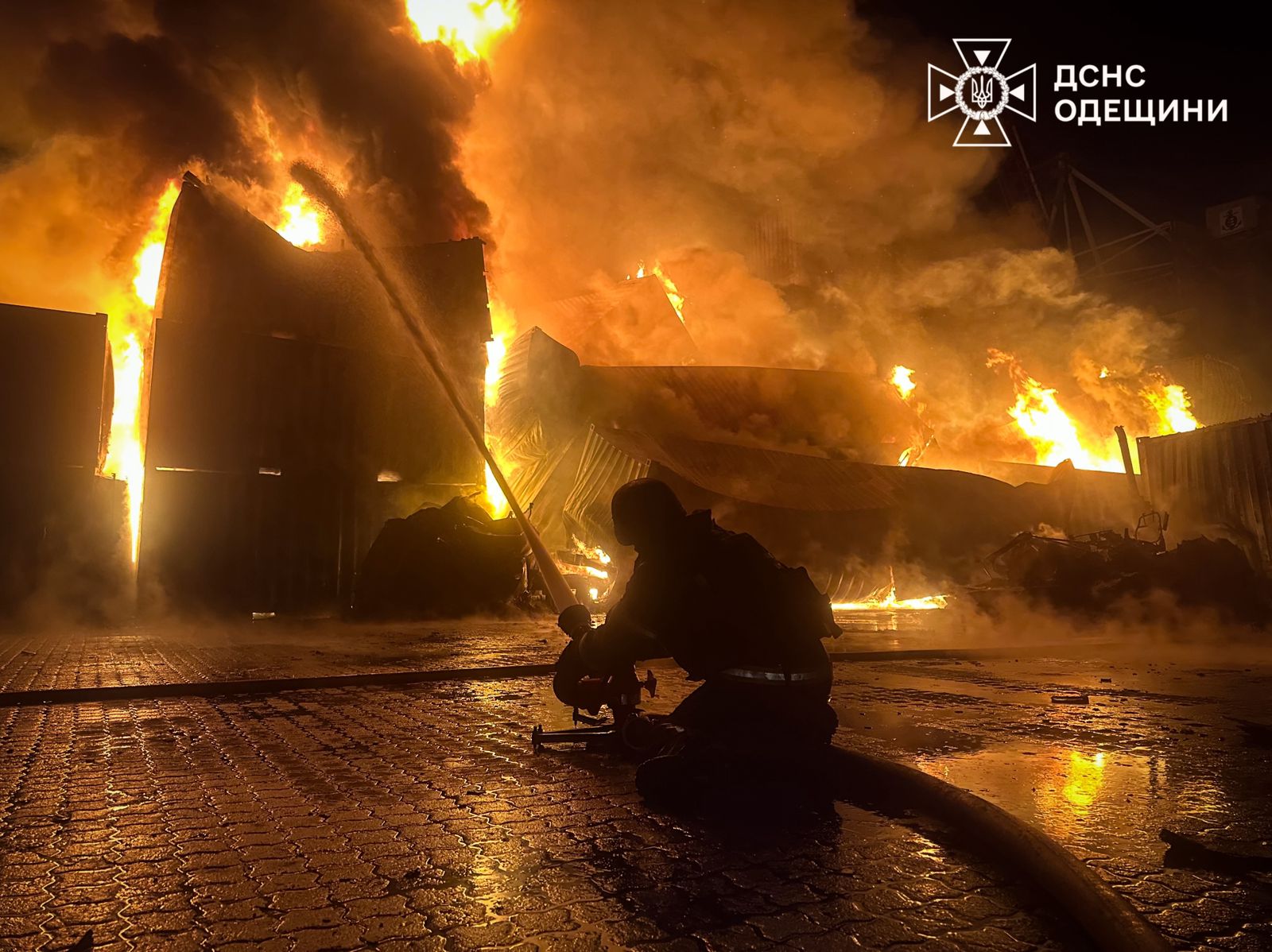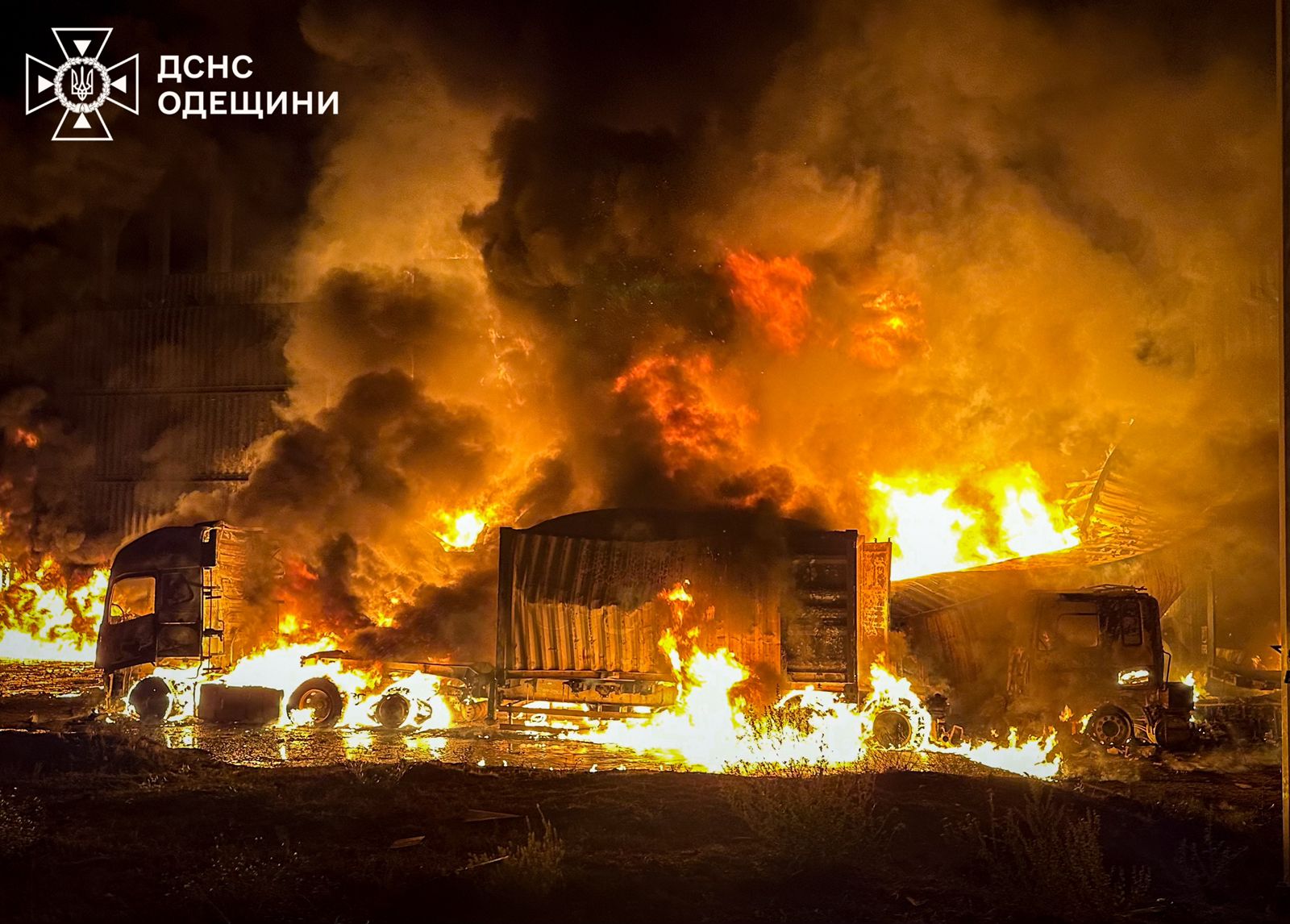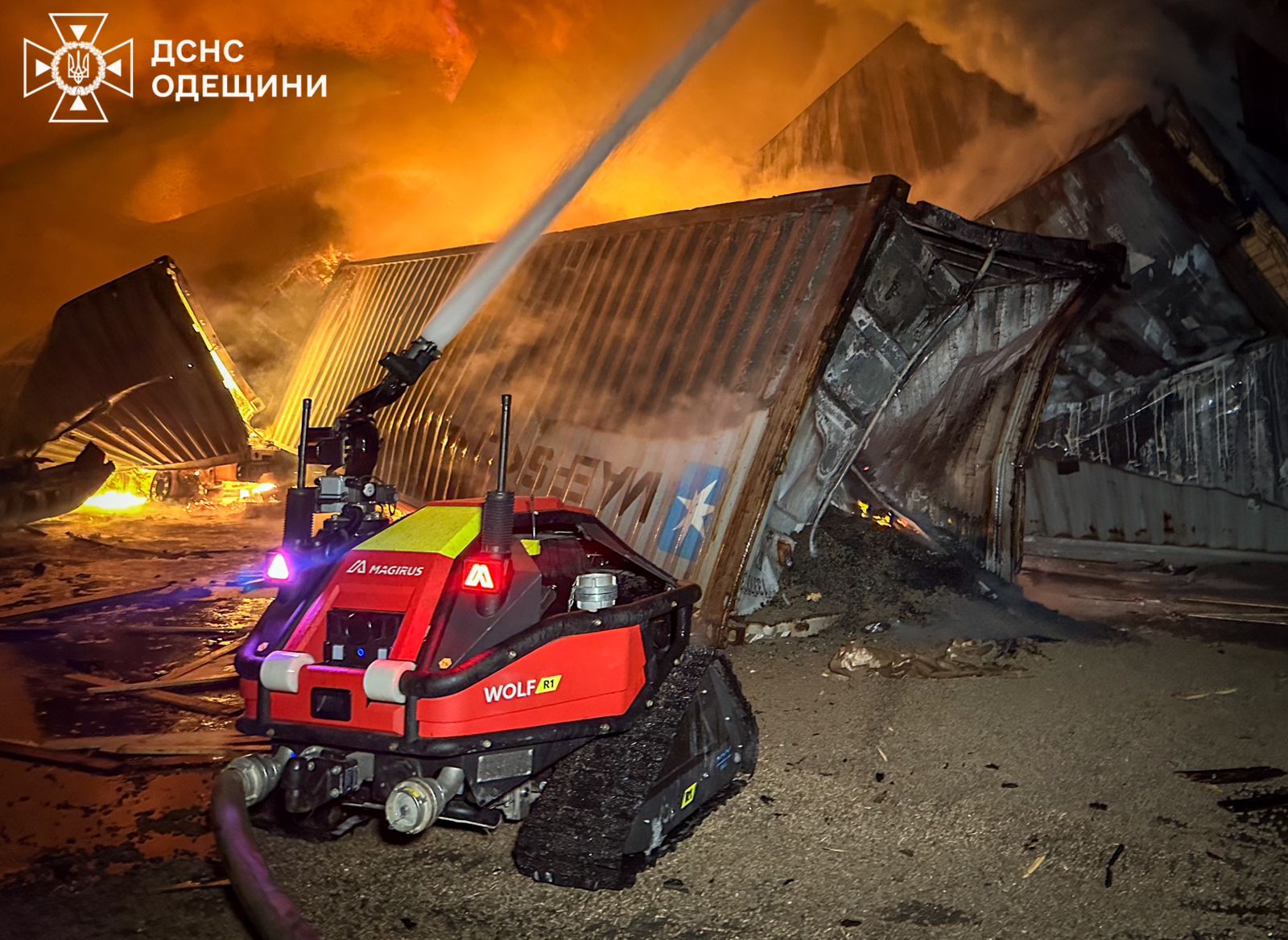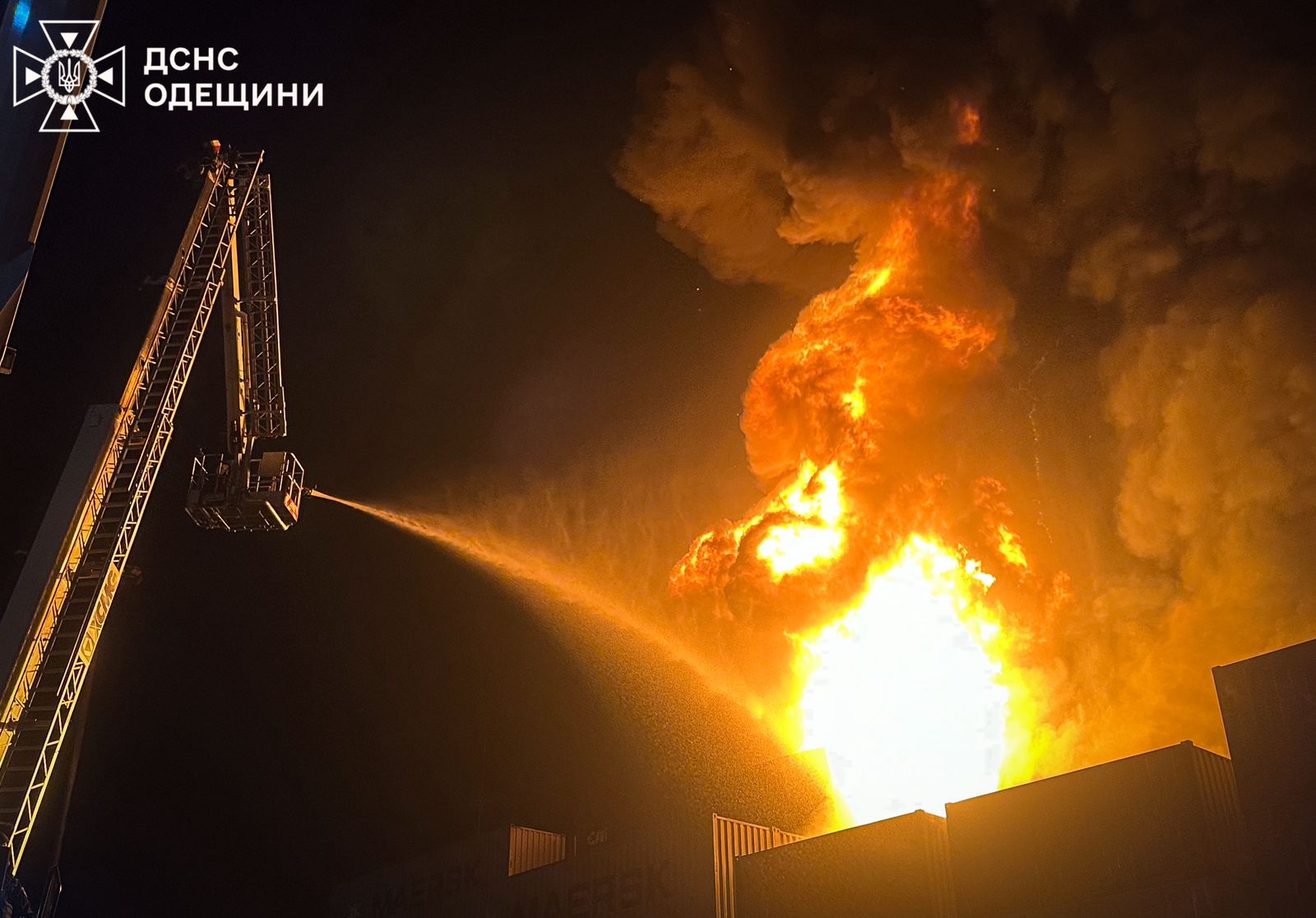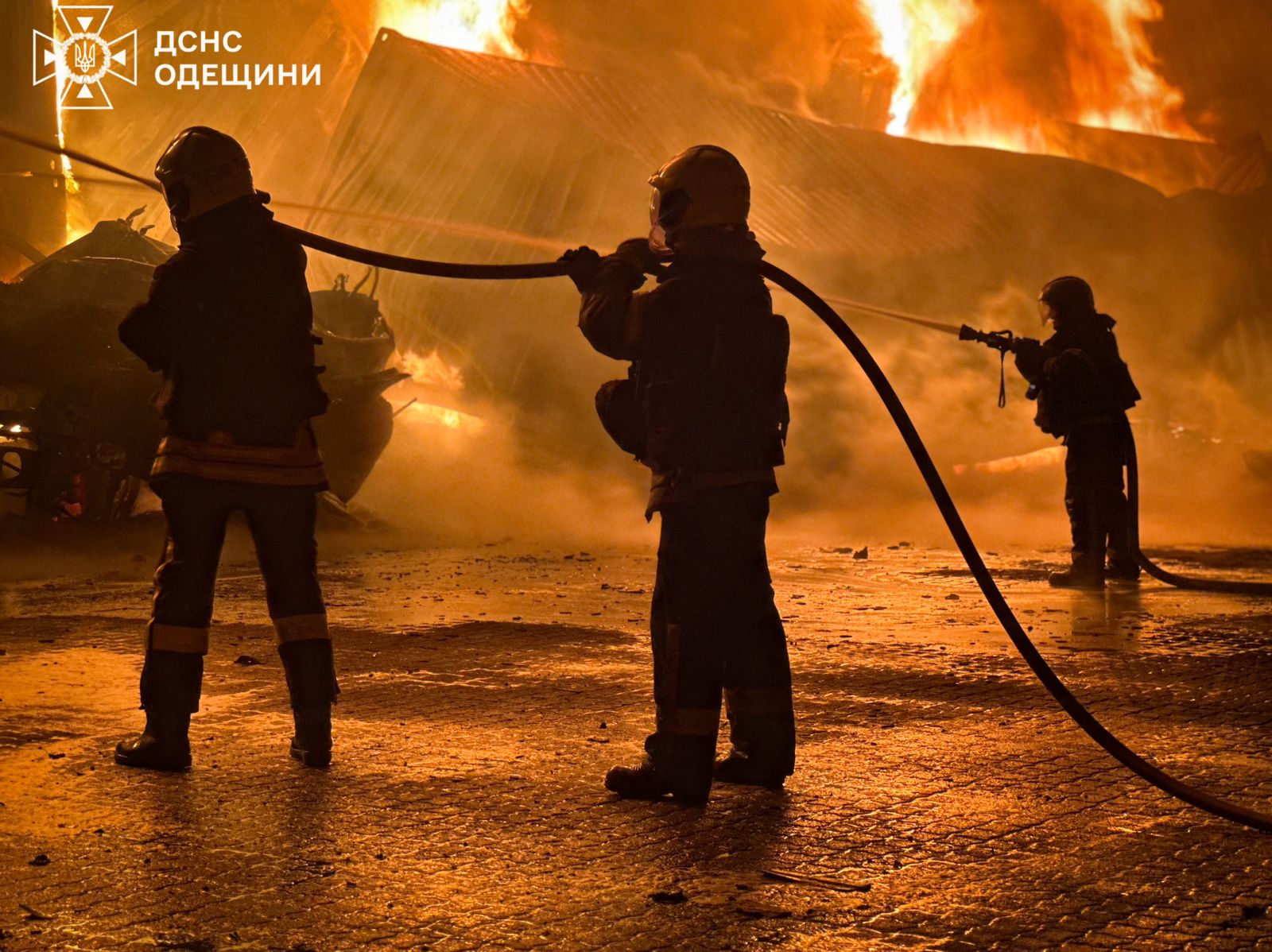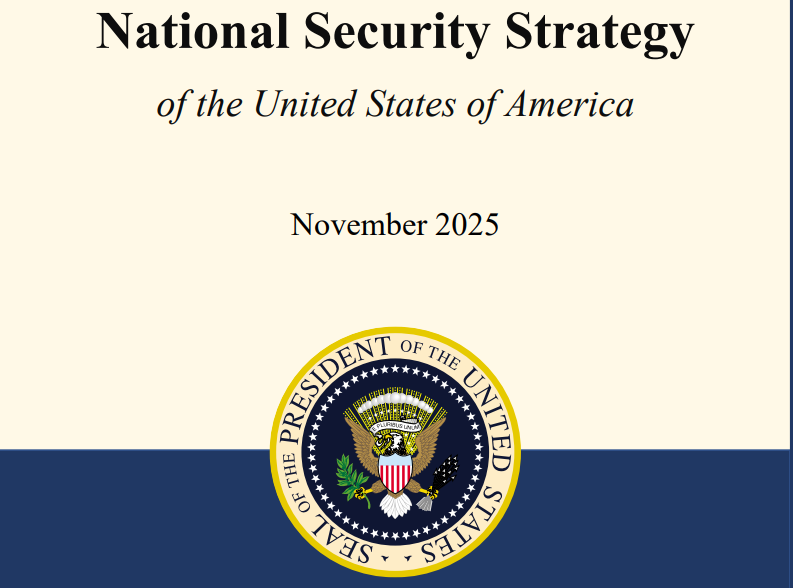European Parliament urges EU states to shoot down Russian drones and aircraft violating borders

The European Parliament has passed a resolution calling on European Union member states to intercept and shoot down Russian aircraft and drones that illegally enter their airspace.
In the resolution adopted on Oct. 9, 469 lawmakers voted in favor, 97 opposed, and 38 abstained. The document states that EU countries should take “coordinated, unified and proportionate action” in response to any airspace violations, including the downing of aerial threats.
Lawmakers voiced support for the proposed “drone wall” along the EU’s eastern borders and the Eastern Flank Watch initiative, both designed to strengthen air defense and surveillance capabilities.
Members of Parliament also warned that Russia’s ongoing hybrid operations — including sabotage and drone incursions — could be considered “state-sponsored terrorism,” even if they fall short of a direct armed attack.
SOURCESymbolic number of the Day
Russia operates over 500 ‘shadow fleet’ tankers that must be stopped. President Volodymyr Zelenskyy said Russia is using more than 500 oil tankers in a so-called “shadow fleet” that sails under foreign flags to evade sanctions — and called for a complete halt to their operations.
“According to our data, there are more than 500 such tankers. They must be totally stopped — that would have a major impact on Russia’s energy trade and on Europe’s security,” Zelenskyy told reporters on Oct. 9. He added that some of these vessels have even been used as launch platforms for Russian drones.
Zelenskyy cited France’s detention of a Russian tanker on Sept. 30 as an example of how sanctions enforcement can work. Ukraine’s Foreign Intelligence Service, he said, had warned that the Boracay tanker left the Russian port of Primorsk, leading to its interception. Russian agents were reportedly on board, and the ship’s captain was a Chinese citizen — a pattern Zelenskyy described as “typical for Russia.”
However, the president noted that the tanker was released three days later, underscoring the difficulty of curbing Moscow’s illicit oil trade. “That’s how the shadow fleet works,” he said. “Stopping them temporarily isn’t enough — the oil keeps flowing.”
SOURCEWar in Pictures
Russian drone attack on Odesa region injures five, sparks massive fires. Russian forces launched a large-scale overnight drone assault on Ukraine’s Odesa region, injuring at least five people and igniting multiple fires across civilian, port, and energy infrastructure, regional officials said Wednesday.
Oleh Kiper, head of the Odesa regional administration, said air defenses shot down most of the attacking drones but several struck their targets. The attack set ablaze two single-family homes and a gas station’s administrative building, while four other homes were damaged.
Fires also broke out at a Black Sea port, where containers filled with vegetable oil and wooden pellets caught fire, according to Ukraine’s State Emergency Service. Firefighters worked through the night to contain the blazes amid the risk of further strikes.
More than 30,000 households were left without power as emergency crews raced to restore electricity and assess the damage.
SOURCEVideo of the Day
Russia uses drones to scatter anti-tank mines in Sumy region — police warn civilians. Russian forces are using drones to drop anti-tank mines deep into Ukrainian territory, including the Sumy region, according to Ukraine’s National Police.
Local residents in the Sumy district reported spotting a suspicious cylindrical object in a field. When explosive ordnance disposal experts arrived, they identified it as a KPTM-3 cassette containing a PTM-3 anti-tank mine, dropped from a Russian UAV.
“The mine was neutralized on-site through a controlled detonation in line with all safety protocols,” said Ihor Cherniak, head of the explosive ordnance disposal unit of the Sumy regional police.
The PTM-3 is a remotely deployed, cylindrical anti-tank mine designed to detonate under the weight of vehicles. It poses a significant risk to civilians and infrastructure, especially when scattered by drones across agricultural or residential areas.
SOURCEInstitute for the Study of War (ISW) report

Key Takeaways
- Kremlin ruler Vladimir Putin remains committed to his theory of victory, which holds that Russia can outlast the West and Ukraine in a war of attrition, and his demand for Ukraine’s full capitulation.
- Putin acknowledged Ukraine’s long-range strike campaign against Russian oil refineries amidst ongoing gasoline shortages and price surges in Russia and occupied Ukraine.
- The Kremlin is intensifying its efforts to use defunct US-Russian arms control treaties to gain concessions from the United States on the war in Ukraine.
- The Kremlin’s moves to withdraw from PMDA likely immediately aim to prevent US sales of Tomahawk missiles to Ukraine and are part of an ongoing reflexive control campaign.
- The Russian military command reportedly redeployed elements of the 41st Combined Arms Army (CAA, Central Military District [CMD]) from south of Pokrovsk to the Novopavlivka direction, which will likely improve Russia’s command and control (C2) in both sectors.
- European officials continue to report drone sightings and GPS interference in European airspace.
- European officials continued to warn that Russia’s recent drone attacks against Europe are part of a broader campaign to generate fear and disunity in Europe.
- Ukrainian forces recently advanced in northern Sumy Oblast and Novopavlivka, and Russian forces recently advanced near Kupyansk, Siversk, and Pokrovsk and in the Kostyantynivka-Druzhkivka tactical area.
Latest news
- EU plan to phase out Russian energy imports clears first political hurdle, Reuters says
- Ukraine will nominate Trump for Nobel Peace Prize if he secures ceasefire
- Ukraine’s Security Service: Russian commander Sirotyuk ordered execution of civilians in Kupiansk
- Kallas: Ukraine cannot defeat Russia alone
- Zelenskyy: Trump signals US can technically extend Ukraine’s long-range strikes
- NATO weighs armed response to Vladimir Putin’s hybrid war
